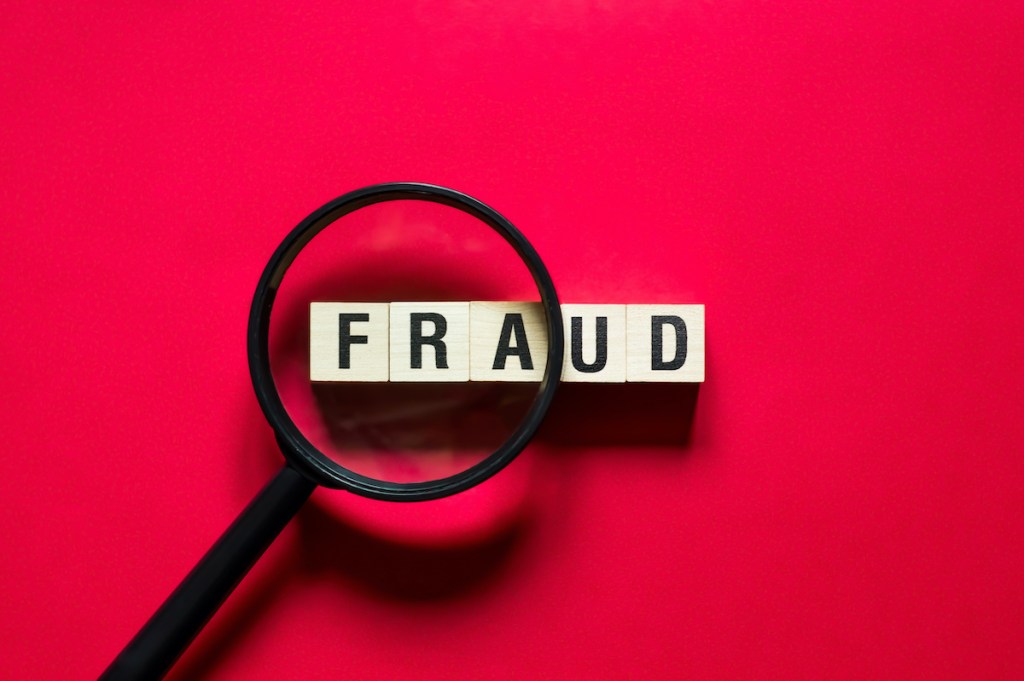The founder of Oklahoma City-based lender and servicer First Mortgage Company, who was also the president of the Mortgage Bankers Association in the late 1990s, pleaded guilty to five counts of bank fraud, money laundering and false statements to a financial institution.
In Oklahoma’s Western District, a federal grand jury accused Ronald McCord of defrauding mortgage lenders Spirit Bank and Citizens State Bank, Fannie Mae and others over the course of three years. On May 11, McCord pleaded guilty to selling more than $14.1 million in Spirit and Citizens loans “out of trust.”
Instead of repaying those loans when the mortgages were refinanced or paid off, he released the mortgages after he collected payoffs at two properties in Leland and Denver, North Carolina.
When mortgage lenders Spirit and Citizens discovered McCord’s mortgage fraud ruse, the two canceled future loans to First Mortgage Company and required McCord to assign the mortgages to the banks. At the time of the federal lawsuit’s discovery, First Mortgage Company still had $340 million in outstanding balances on the banks’ lines of credit.
In early 2017, after Spirit and Citizens stopped funding his company’s mortgages, McCord sought out a new lender. He set his sights on CapLOC, a North Carolina-based mortgage lending business, and tried to sell CapLOC First Mortgage Company’s lending arm for a quick buck. According to McCord, he made false statements in an attempt to clinch the deal.
How lenders can prepare for growing mortgage fraud threats
As origination volumes hit record highs in 2020, Truework’s verification experts saw a spike in fraud, and expect that trend to continue this year. HousingWire recently spoke with Jeffrey Morelli, General Manager of Truework Verifier, about what lenders can do to prepare for and overcome the growing threat of fraud and data inaccuracy.
Presented by: Truework
McCord also managed to fleece Fannie Mae, through First Mortgage Company’s mortgage servicing arm.
His company serviced about 12,000 loans worth $1.8 billion for the government-sponsored entity. McCord used escrow accounts, meant to pay homeowners’ taxes and insurance premiums, to cover First Mortgage Company’s operating expenses. Then, he siphoned off that money to pay a custom homebuilder, who was building McCord’s home in Colorado.
As well as his business ventures, McCord served as the President of the MBA in 1997, according to testimony he made before the U.S. Senate that year. At the time, that position was a volunteer role — unlike the trade association’s current office of president, which is a paid staff position, currently helmed by Bob Broeksmit.
McCord could face a fine of up to $1 million for each count of mortgage fraud and false statement to a financial institution and serve up to 30 years in prison. He could face an additional 10 years in prison and a $250,000 fine for money laundering.
It’s unlikely he’ll serve that much time in prison, however. As part of the plea deal, the government agreed not to push for a sentence longer than 8.5 years. It also agreed to dismiss 19 remaining indictment counts.
At sentencing, the court will determine how much restitution he will pay to his victims. He will also forfeit the proceeds of his mortgage fraud schemes and the properties involved in the schemes.





